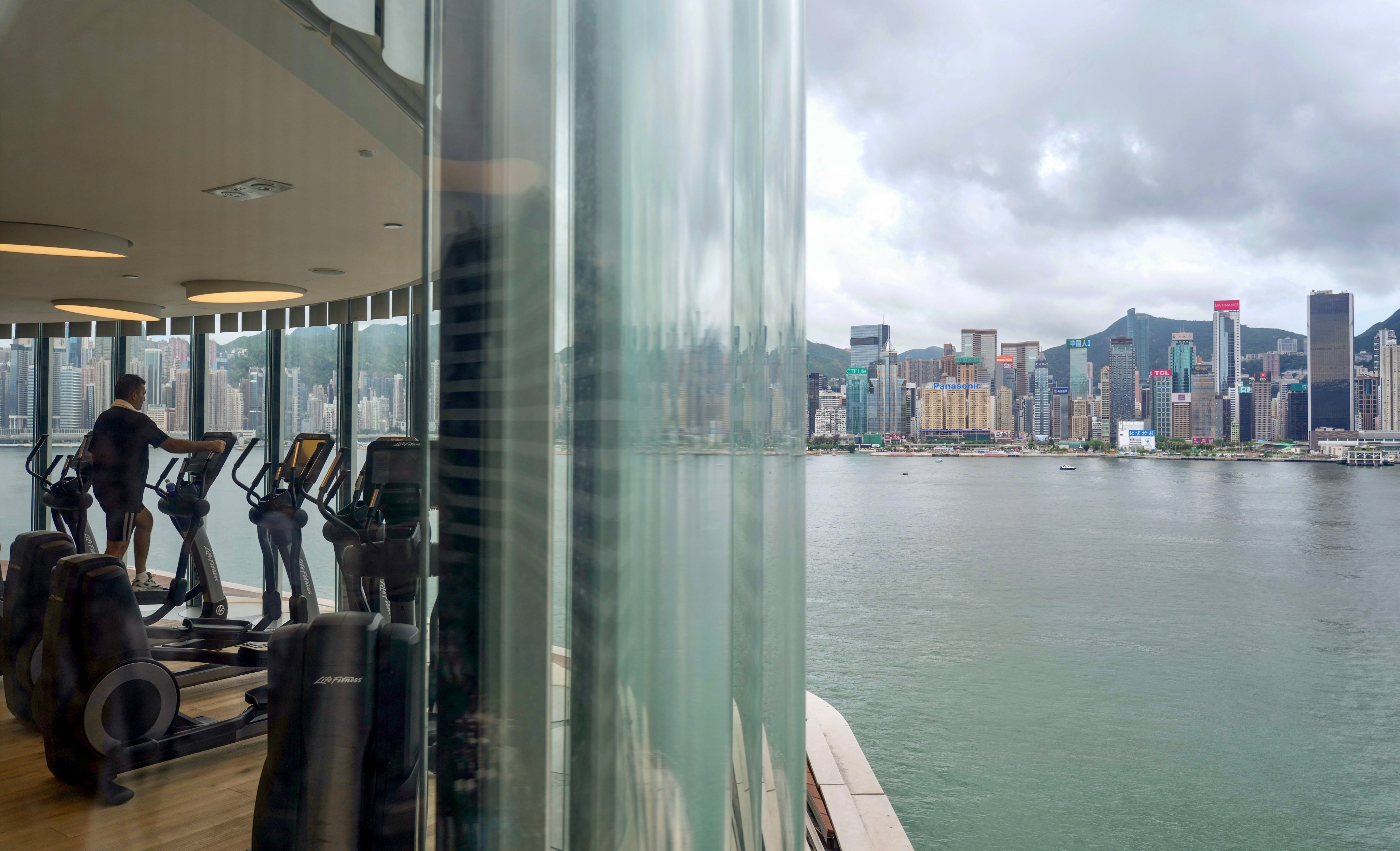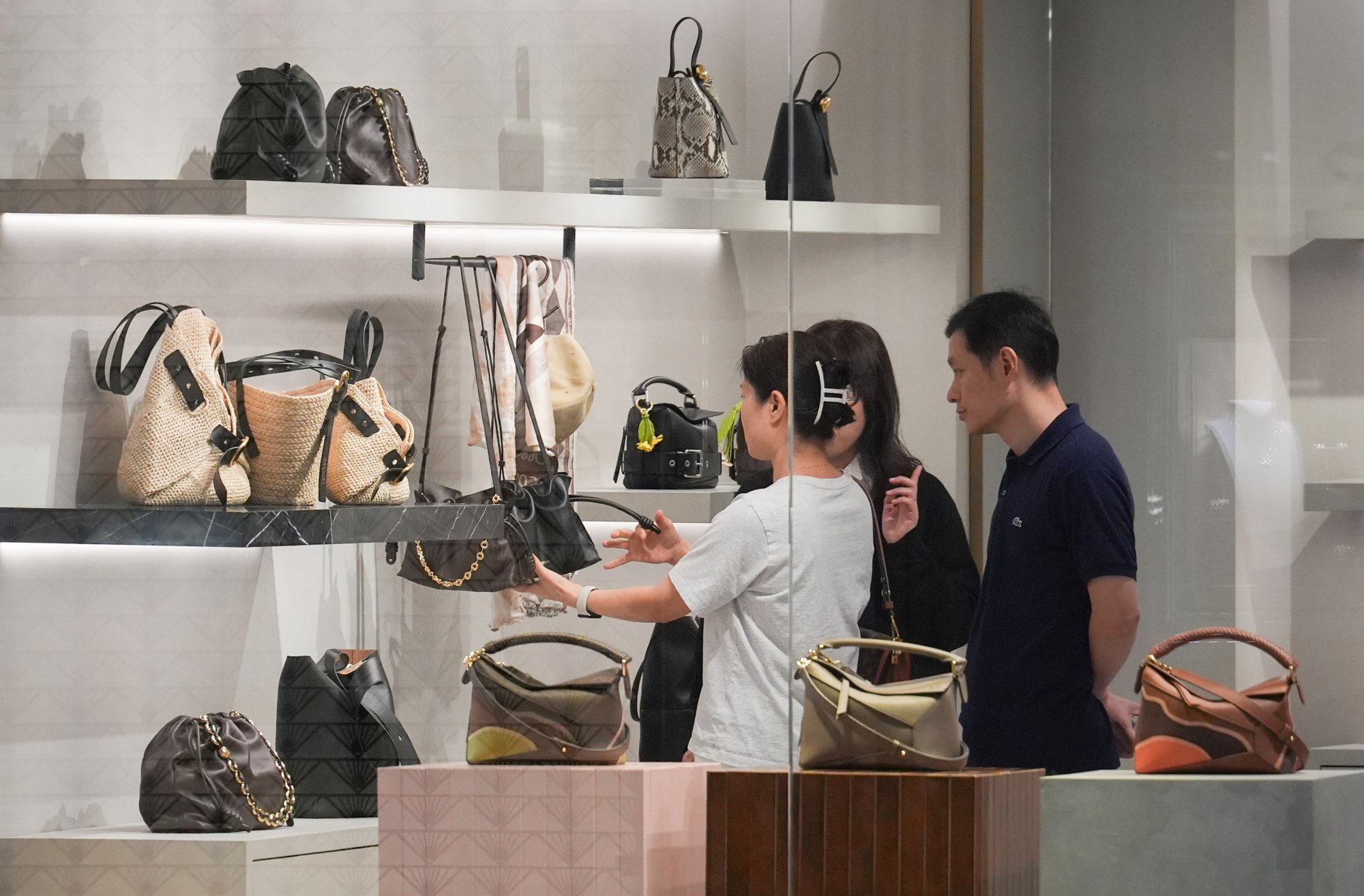Hong Kong trails Singapore, London as priciest city for the rich: Julius Baer
Hong Kong falls to third place amid dropping property prices, cheap champagne, research says

Hong Kong has become relatively cheaper for wealthy individuals over the last year, dropping from second to third on a list of the costliest world cities for high-net-worth individuals (HNWIs), according to Julius Baer.
Singapore retained the title of the most expensive city, while London and Hong Kong swapped places from a year earlier, according to the 2025 Julius Baer Global Wealth and Lifestyle Report on Monday.
The sixth annual study by the Swiss lender compared a basket of goods and services in 25 cities from December to April to assess the “cost of living well” for HNWIs: people with at least US$1 million to invest. The items ranged from cars to watches and handbags, and from property to medical expenses and private-school fees.
Hong Kong’s property prices, as well as men’s suits, bicycles and technology items, all became cheaper last year, and the price of champagne in Hong Kong is the lowest among the 25 markets thanks to a lower taxes on alcohol. However, the city’s legal fees topped the list.
Prices for watches rose 11 per cent last year in Hong Kong, while car prices increased by 5 per cent, the study showed.
“The low-tax appeal and cosmopolitan culture of Hong Kong have long drawn wealthy individuals to relocate there,” the report said.
Hong Kong’s investment migration scheme, introduced last year, “generated significant interest from HNWIs both in mainland China and globally, reinforcing the city’s image as an attractive international investment and residency location”, it said.
The Capital Investment Entrant Scheme gives wealthy individuals and their families a fast track to resident status in exchange for investing HK$30 million (US$3.85 million). It has yielded about HK$16.5 billion in investments from 543 applicants over the 14 months to May, with two-thirds of the capital directed into funds and the stock market, according to government statistics.
The government’s latest push to promote the so-called silver economy could attract an ageing but increasingly wealthy population, thereby increasing the city’s attractiveness.
London was the world’s most expensive city for private education and getting an MBA, and was also among the costliest for buying residential property, jewellery and medical services, the report said.

In Singapore, the most expensive city globally for the third year, private-school fees jumped 12 per cent last year, while hotel suite prices rose 10 per cent and business-class flights soared 17 per cent. Singapore was also the world’s most expensive city to buy a car or a luxury women’s handbag.
“With the current unpredictable nature of the world, Singapore is valued for its stability, security and connection to Asia and beyond,” the study said.
Unhandled type: inline-plus-widget {“type”:”inline-plus-widget”}
Singapore’s high-quality education and medical benefits also attracted HNWIs and wealthy families despite its high costs, Julius Baer said.
Globally, the cost of living well fell by 2 per cent in US dollar terms in the past year, compared with a 4 per cent rise in the 2024 report and a 6 per cent surge in 2023.
“The considerable overall drop reflects a weakening demand for luxury goods, as consumers change their spending priorities away from material goods and towards experiences,” the report said.
Longevity was now top of mind for many HNWIs, it added. In Asia, 100 per cent of respondents said they were taking measures to increase their lifespans, including exercising and improving their diet, while 21 per cent said they were willing to take extreme measures such as gene therapy and cryogenic chambers.
HNWIs in Asia-Pacific saw the biggest jump in their wealth and also their spending, outpacing all other regions in high-end women’s clothes, hotels and fine dining, the study showed.
“The number of high-net-worth individuals in Asia is projected to have grown 5 per cent year on year to 855,000 in 2024,” said Jen-Ai Chua, research analyst for Asia at Julius Baer. “Growth in China and India is expected to help bring Asia’s share of new HNWIs globally to an estimated 47.5 per cent between 2025 and 2028.”
Shanghai dropped from fourth place to sixth in the ranking, while Monaco and Zurich both climbed one place to fourth and fifth, respectively. New York City, the highest-ranking US city, was the eighth most expensive worldwide.